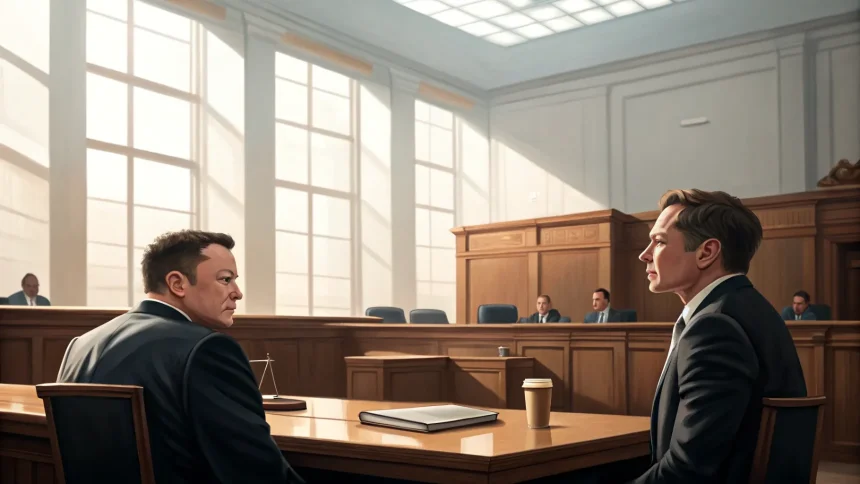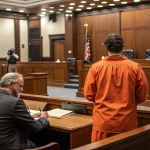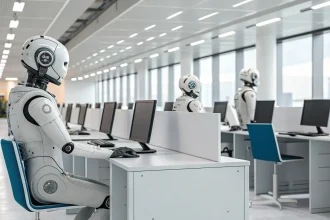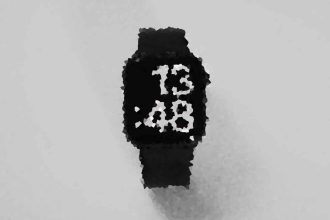Attorneys representing Elon Musk have formally responded to OpenAI’s countersuit, declaring that allegations against the tech billionaire “fail as a matter of law.” The legal dispute continues to escalate between Musk and the company behind the popular AI chatbot ChatGPT.
OpenAI’s countersuit specifically accuses Musk of conducting a deliberate campaign to damage the AI company’s reputation and operations. Musk’s legal representatives have now challenged the legal foundation of these claims, suggesting they lack sufficient legal merit to proceed in court.
The Expanding Legal Battle
The dispute marks another chapter in the growing rift between Musk and OpenAI, a company he helped establish before parting ways. OpenAI, known for developing ChatGPT, has become one of the leading organizations in artificial intelligence development.
Musk’s attorneys did not elaborate on specific deficiencies in OpenAI’s legal arguments, but their statement indicates they believe the countersuit cannot succeed based on existing legal principles and precedents.
Legal experts note that this response is a common strategy in complex litigation, attempting to have opposing claims dismissed before proceeding to more detailed arguments or potential trial.
Background of the Dispute
The conflict between Musk and OpenAI has roots in their earlier relationship. Musk was among the initial founders and financial backers of OpenAI when it launched as a non-profit organization focused on developing artificial intelligence that would benefit humanity.
Musk later distanced himself from the organization, particularly after OpenAI established a for-profit arm and accepted significant investment from Microsoft. This transformation in OpenAI’s structure and funding model reportedly conflicted with Musk’s original vision for the organization.
The current legal exchange appears to center on Musk’s public criticisms of OpenAI’s direction and business practices, which the AI company now characterizes as a deliberate campaign to cause harm.
Potential Implications
This legal confrontation occurs against the backdrop of rapid advancement in artificial intelligence technology and growing concerns about AI governance and safety. The dispute between two major figures in the tech industry highlights tensions over the direction and control of AI development.
The case may have significant implications for:
- How AI companies manage relationships with founders who later depart
- The legal boundaries of public criticism by former insiders
- Corporate governance in rapidly evolving technology sectors
As the legal proceedings continue, industry observers are watching closely to see how courts will evaluate claims related to reputation damage in the high-stakes world of artificial intelligence development.
Neither Musk nor OpenAI has indicated any willingness to settle the dispute outside of court. The case is expected to involve detailed examination of communications, public statements, and the history of both parties’ involvement in AI development.
The court has not yet ruled on the validity of either side’s claims, and a timeline for further legal proceedings remains unclear. Both parties have substantial resources to pursue extended litigation if necessary.









